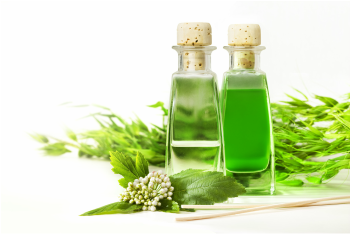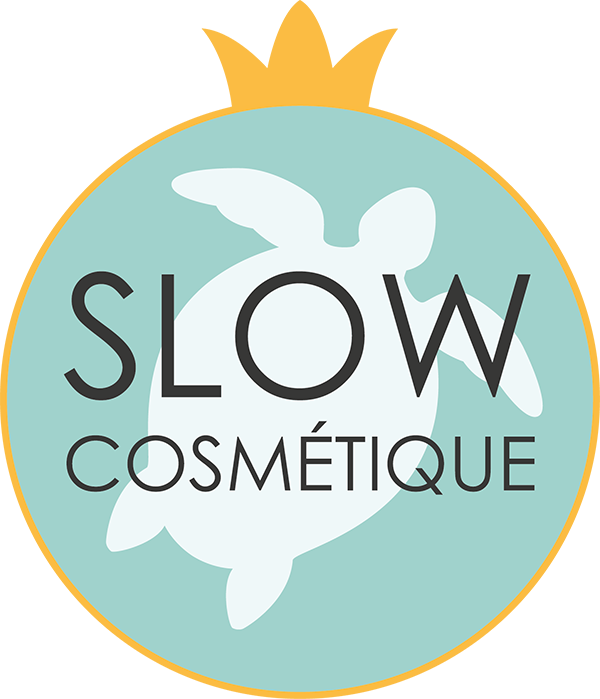The Slow Cosmetic® movement is an international nonprofit association promoting a more responsible way to consume cosmetic products. Inspired in part by the movement Slow Food® founded in Italy in 1986 by Carlo Petrini, which denounces junk food and invites us to consider a more sensible diet, Slow Cosmetic® raises consumer awareness of the ongoing abuses of industrial cosmetics and invites consumers to take care of themselves in a more environmentally responsible, eco-friendly way.
Founded in 2012 by Julien Kaibeck, it brings together consumers who want to be beautiful otherwise. Less but better. Slow Cosmetic® is an eco friendly and ethical approach based on a widespread will to promote a natural, healthy and simple way of using cosmetics. It is a consumer movement carrying out actions in various countries to raise public awareness and take the right steps for a more natural and simple beauty.
The philosophy is framed around the following four essential values:
1) Cosmetics should be “sensible”:
Cosmetics should only be formulated with active and healthy ingredients adapted to our skin’s basic needs. Store-bought skin care products which typically contain toxic ingredients and chemical fragrances are to be avoided. According to the Environmental Working Group, only 11% of cosmetic ingredients have been tested for safety by the cosmetic industry. Basically, the closer to the nature the natural skin product is, the better.
2) Cosmetics should be “ecological” :
Cosmetics should be formulated, packaged and used in compliance with environmental protection. Natural and non or minimally processed organic ingredients must be privileged in formulas, excluding any ingredient from synthetic chemistry, petrochemicals, animal exploitation and any ingredient potentially polluting for the environment. The cosmetic must strive to decrease its environmental impact in all areas of its design and its use. Short cycles and local exchanges should be favored. We support organic certified products, but also fair-trade products as well as home-made recipes.
3) Cosmetics should have “common sense”:
The Slow Cosmetic® movement invites us to focus on our inner beauty and to take care of our skin without drastic changes. We want more transparent messages from cosmetic brands as well as a more transparent pricing. We also don’t want to feel guilty about our skin or our hair after watching a commercial. We criticize marketing methods or advertising that can be misleading or unfair to consumers.
4) Cosmetics should be “humane”:
Mankind is a great community of people, each one being a jewel on its own. So are animals and plants. Cosmetics must be formulated, sold and used in the respect of nature, animals and human beings in all their complexity. We condemn cosmetic products that are disrespectful of human beings, animals or plants.
Slow Cosmetic also means taking our time. Time to understand what our skin and body really need to feel and be beautiful. Time to get rid of our negative self-image and be beautiful naturally. Time to make our own cosmetics. Time to reconnect with nature and learn all it has to offer for our own self-care and beauty. Time to do research on cosmetics before buying them. Time to learn. Time for us.
You will find on this blog many natural, green, eco-friendly recipes/formulas to create your own homemade cosmetics, self-care products and non toxic home cleaning and care products to cater to your basic needs.
Make sure to check those highly valuable websites:
- EWG’s Skin Deep Cosmetics Database: Created in 2004 ” to create online profiles for cosmetics and personal care products and their potential hazards and health concerns. Our aim is to fill in where industry and government leave off.”
- Campaign for Safe Cosmetics: Since 2004, the Campaign for Safe Cosmetics has used smarts and sass to pressure the cosmetics industry to make safer products.
- GoodGuide: Created in 2010 “GoodGuide combines manufacturer-provided information about product ingredients with authoritative information on the health effects of chemicals. We rate products so that consumers can have instant access to credible information about products that would be very difficult for anyone to develop on their own.”
- Aubrey Organics’ INCI Dictionary: A very practical cosmetic ingredients dictionary
- NIRC: “The Natural Ingredient Resource Center was founded to provide a source of information and education about natural ingredients.”
- NBW’s Natural Cosmetic Ingredients Guide: A handy and extensive library for you to browse


